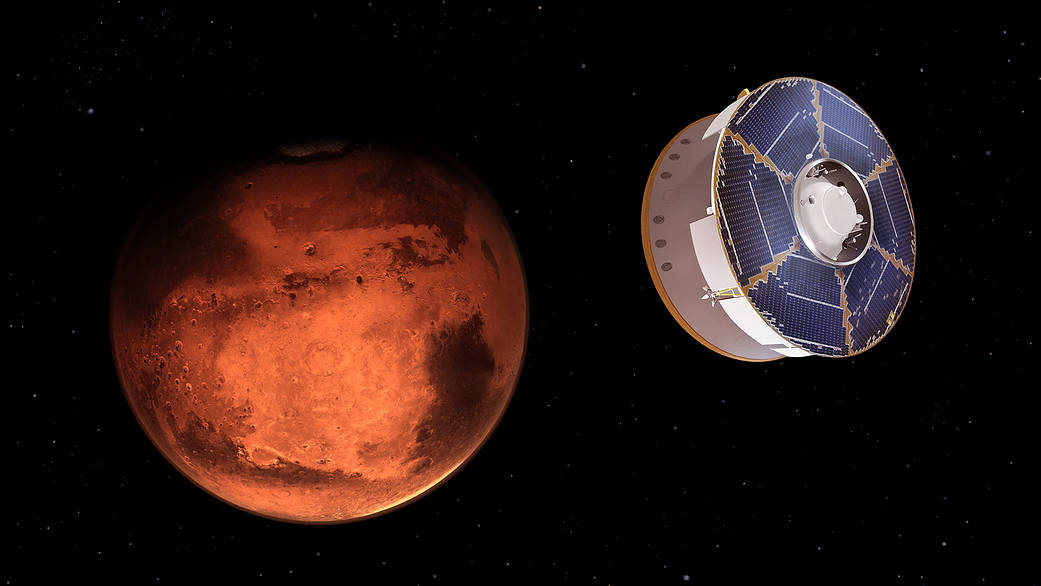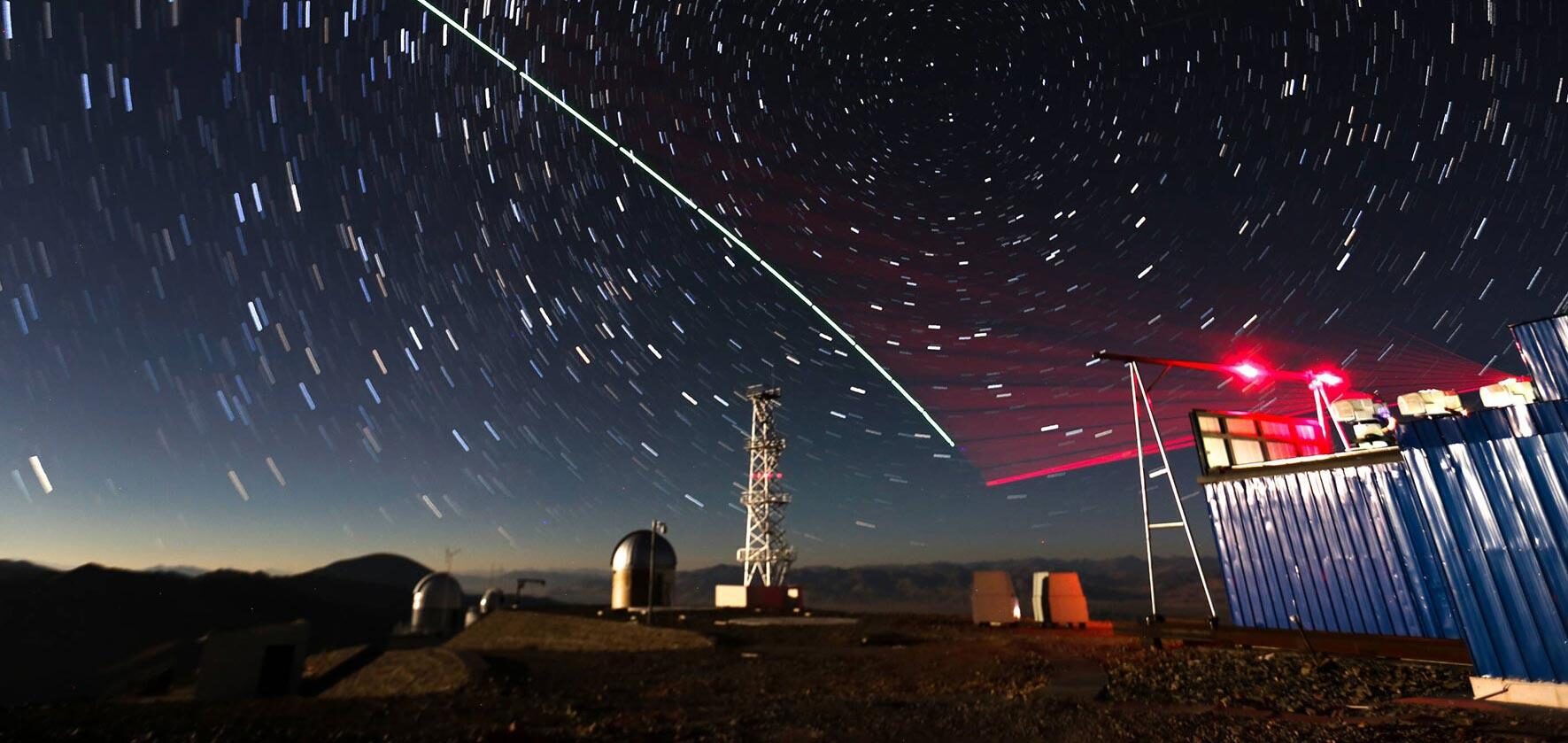The recent landing of the Perseverance rover on the surface of Mars might represent a watershed moment in the history of space exploration, not due to the feat itself, but rather due to the international rivalry, economic interests and geopolitical aims that surround modern space exploration.
By Gustav Fauskanger Pedersen 16.03.2021
The “Space Race” of the 1950s and 60s was predominantly a competition between the two rival superpowers, the United States and the Soviet Union. For the two, the goal was to prove the technological and ideological superiority of their respective countries, while simultaneously making leaps in the fields of national security and weaponry. The technologies required for space exploration also opened a whole new frontier in the ongoing Cold War. However, after the Apollo 11 Moon landing in 1969, the US was generally considered the de-facto “winner” of the Space Race, proving that no other nation had the technological capabilities necessary for sustained space flight, not to mention for landing on another celestial body.
After the culmination of the Space Race in 1969, there was a brief period in which NASA sent several manned missions to the moon, however the last of these manned moon landings happened in 1972. Since then, there has been a significant decrease in space exploration, exemplified by the significant drop in funding for NASA in the subsequent decades following the Apollo 11 mission. Yet, when NASA’s Perseverance rover landed on Mars in February 2021, it was among three separate missions to reach the red planet in under a week, with China and the United Arab Emirates both having probes enter Mars’s orbit just a few days before Perseverance’s landing. Meanwhile, the United States’ Artemis Program has vowed to land the first woman and next man on the moon by 2024, and China and Russia recently announced plans to construct a joint space station either on the moon’s surface, in its orbit or even both. Clearly, something has changed.
Possibly more striking, however, than the renewed rush by different nations to claim milestones in space exploration is the advent of private space flight endeavors, dubbed the “billionaire space race”. The most well-known of these endeavors is undoubtedly Elon Musk’s SpaceX, short for Space Exploration Technologies Corp., which has the overarching goal of reducing the cost of space transportation in order to eventually allow for the colonization of Mars. Similarly, Jeff Bezos’s Blue Origin aerospace company aims to make space flight cheaper and more reliable, in order to conduct missions and develop projects in Earth’s orbit, as well as aiming to conduct missions to the moon, most notably in cooperation with NASA’s Artemis program. SpaceX and Blue Origin are far from the only companies that see the potential for vast economic gain in relation to space exploration, as space mining and space tourism seem to be increasingly attractive sources of revenue as soon as new technologies would make them viable.
Although the countries that actively attempt to increase their expertise in the field of space exploration undoubtedly also see the huge potential for economic growth found outside the grasps of Earth’s atmosphere, two other factors might be just as important for continued efforts to make advancements into our solar system, namely international rivalry and geopolitical interests echoing those of the first Space Race during the Cold War. When the US under the Trump administration established a sixth branch of the armed forces named Space Force, this became the first and only independent armed force in the world with the purpose of carrying out missions and operations beyond Earth’s atmosphere. Specifically, some of Space Force’s main aims are to ensure that the US has the freedom to operate in, from, and to space and to provide space operations in order to protect US interests in space.
As the US was essentially proclaimed the winner of the Space Race and has since been an undisputed high authority on space exploration, it is perhaps not surprising that it was deemed appropriate to establish an independent Space Force. However, in deeming such action necessary, the US is essentially projecting power into outer space, while insinuating that there is a threat that the US might need to defend itself from in this new frontier. The main contenders for a would-be threat for the US here are undoubtedly China and Russia.
The US government has previously stated that China considers space exploration an important backdrop for diplomatic and geopolitical competition, however, the US is not the only country with which China is competing here. India is in many ways China’s largest adversary, as the two share a land border that is heavily disputed and where several skirmishes and small-scale fighting have taken place in recent months. India has made several impressive feats in the field of space exploration and has recently upped the level of military involvement in the Indian Space Research Organisation (INRO). Furthermore, the US, India and China alike have all conducted anti-satellite missile tests, exemplifying further the extent of importance given to this new frontier from a geopolitical perspective.
There are more than seventy different government space agencies currently in existence, of which fourteen are estimated to have launch capabilities. Of those not already mentioned here, the European Space Agency (ESA) and the Japan Aerospace Exploration Agency (JAXA) are likely the most significant ones. However, there are myriad private and public space exploration corporations and agencies currently in development or growth, as more and more interest is given to the abundance of wealth and power that could be gained from having a presence beyond our own planet. With more varied, and arguably more even competition, Space Race Round Two is shaping up to become both more promising but also potentially more consequential than the first.





















